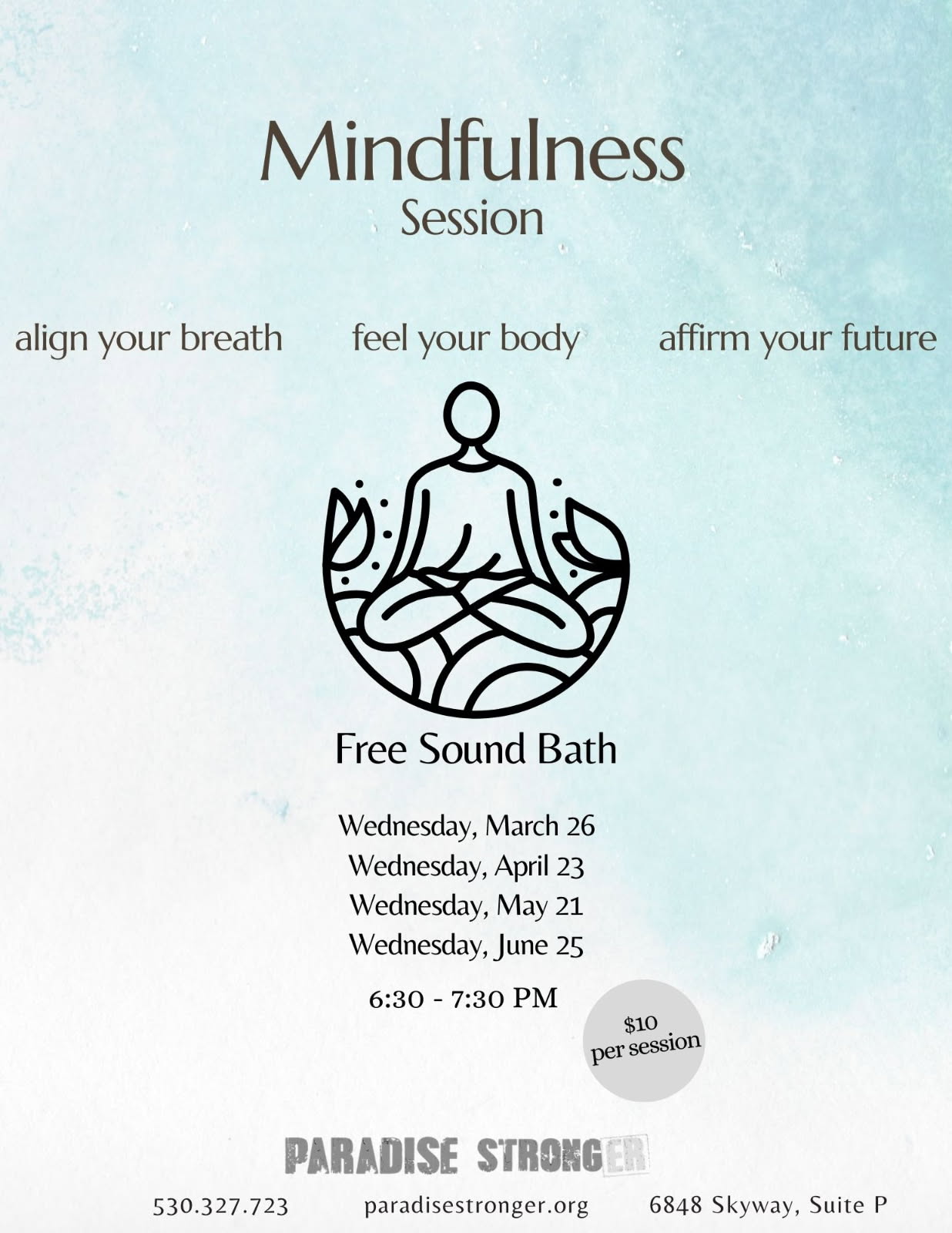Staying Healthy and Fit While Growing Older
As we age, our bodies and minds go through changes that can affect our health and fitness levels. However, staying active and eating well can help us maintain our physical and mental health and reduce the risk of diseases commonly associated with aging. In this article, we’ll provide tips for staying healthy and fit while growing older and offer action steps to help readers implement them.
1. Exercise regularly.
Regular exercise is essential for staying healthy and fit as we age. It helps improve muscle strength, flexibility, balance, and coordination, which can help reduce the risk of falls and injuries. Exercise also helps maintain cardiovascular health, lower blood pressure, and reduce the risk of many chronic diseases.
Action Steps:
a. Find an activity you enjoy and commit to it for at least 30 minutes per day. This could be walking, swimming, cycling, or any other low-impact activity that gets you moving.
b. Consider joining a group fitness class or working with a personal trainer to ensure you’re doing exercises correctly and safely.
c. Start with short, easy workouts and gradually increase the duration and intensity over time.
2. Eat a balanced diet.
A nutritious diet is critical for maintaining good health as we age. Eating a variety of nutrient-dense foods can help prevent chronic diseases, maintain healthy weight, and keep our bodies functioning properly.
Action Steps:
a. Aim to eat a variety of fruits and vegetables each day, at least five servings.
b. Include lean protein sources such as fish, poultry, lean meats, and legumes.
c. Avoid processed and fast foods, which can be high in calories, unhealthy fats, and sodium.
d. Stay hydrated by drinking water, and limit intake of sugary drinks and alcohol.
3. Prioritize sleep.
Getting enough restful sleep is crucial for maintaining good health and energy levels. Sleep can help reduce stress, improve mood, and enhance memory and cognitive function.
Action Steps:
a. Aim for seven to eight hours of sleep per night.
b. Establish a regular sleep schedule, going to bed and getting up at the same time each day.
c. Create a dark, quiet, and comfortable sleeping environment.
4. Manage stress.
Stress is a natural part of life, but too much of it can have negative effects on our health and wellbeing. Chronic stress can lead to high blood pressure, heart disease, anxiety, and depression. Managing stress can help us feel more relaxed, focused, and in control.
Action Steps:
a. Identify stress triggers and develop strategies to manage them such as deep breathing, meditation, yoga, or engaging in hobbies.
b. Set realistic goals and prioritize self-care activities such as regular exercise or taking time to read.
c. Seek support from family, friends, or a mental health professional if needed.
5. Stay connected.
Social connections and meaningful relationships can help us feel supported, cared for, and engaged with life. Loneliness and social isolation can have negative effects on our health, such as increased risk of depression, cognitive decline, and poor physical health outcomes.
Action Steps:
a. Make time for social activities that bring joy and connection, such as volunteering, joining or creating a club, or hosting gatherings with family and friends.
b. Connect with others online through social media or video conferencing tools.
c. Adopt a pet if feasible, as it can help provide companionship and reduce feelings of loneliness.
Conclusion
Aging is a natural part of life, and it’s essential to take care of our physical and mental health to maintain a good quality of life. Regular exercise, nutritious diet, adequate sleep, stress management, and social connection are key components of staying healthy and fit while growing older. By incorporating these action steps into daily routines, readers can achieve better overall health, increased energy, and improved functioning.
More from Health and Fitness Tips and Advise for people 50+
RJ Mahvash Lavishes Praise On Yuzvendra Chahal Amid Dating Rumours, Calls Punjab Kings Player ‘Great, Most Caring Person’
Yuzvendra Chahal and RJ Mahvash have been rumoured to be dating shortly after the cricketer's divorce was finalised with …
Is being good with pets a green flag? Relationship expert shares how this may be the new love language
When you are on a dating app and swiping through profiles, have you come across one that …
Stebin Ben shuts down dating rumours with Nupur Sanon, says their bond is purely platonic: ‘Yes, I am single’ | Hindi Movie News
Singer Stebin Ben has officially addressed long-standing speculation about his relationship with Nupur Sanon, and fans hoping …































